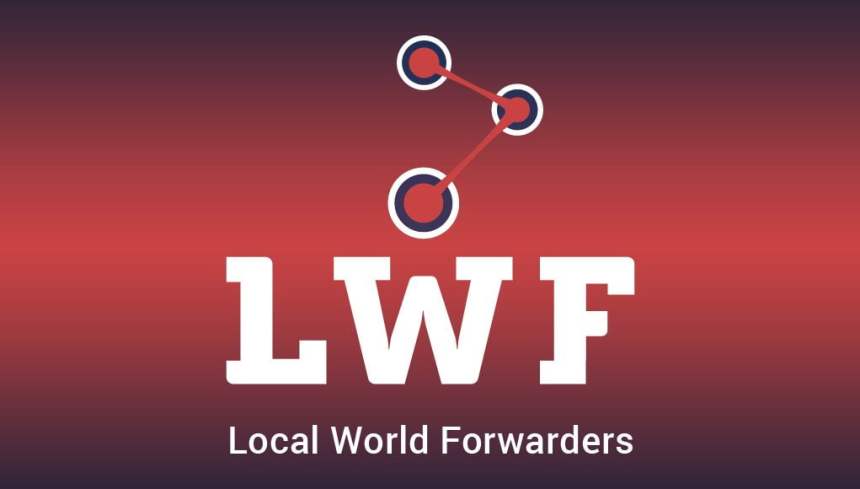Reason to trust

How Our News is Made
Strict editorial policy that focuses on accuracy, relevance, and impartiality
Ad discliamer
Morbi pretium leo et nisl aliquam mollis. Quisque arcu lorem, ultricies quis pellentesque nec, ullamcorper eu odio.
Local World Forwarders (LWF) aims to create an efficient and innovative platform based on blockchain as well as DPoS (Delegated Proof of Stake) Technology for a democratic and decentralized disruption of the Global Logistics Market, expected to be worth $15.5 Trillion by 2023.
With more and more shipments to residential addresses due to the booming e-commerce industry, the major impediments of the logistics industry have become more prominent than ever before. Custom duties make imported goods tacks on unnecessary fees and increases prices, or shutting companies out of entire markets entirely. This is seen with India’s recent tax increases on cell phones affecting major companies such as Apple, Samsung, and LG.
Furthermore, there is no singular company that handles logistics globally, further causing complications when it comes to global shipments, especially when a package is transferred from one jurisdiction to another. Integrating different companies together would be difficult due to the lack of a standardized system, making developing new API’s or combining data structures unfeasible.
LWF looks to change all this with their multi-service logistics platform, with a DPoS-based blockchain as the backbone. The platform will be capable of decentralizing the entire logistics supply chain to get rid of central points of failure, as well as making management immutable, ensuring records are authentic and can be validated by anyone.
For the first time ever, anyone that is part of the platform can generate an income using LWF’s P2P platform. Users can receive or ship parcels across the globe, providing secure and decentralized logistics on a international scale.
The Services Offered
LWF’s platform will allow for peer-to-peer freight forwarding. This is essentially a service where a customer will be able to procure a private forwarder to send the item of their choice once they have already purchased it. The customer will buy his or her item and have it sent to the private forwarders address at which point the item is shipped to the customer by the forwarder.
Customers will be able to find a suitable shipper, based on certain parameters such as location, on the easy-to-use platform. Once the forwarder has shipped the item, a fee is calculated which is held in escrow until the user confirms receipt of his items.
The fee is to be paid in the LWF token. To maximize customer contentment, all items shipped through LWF’s platform will be covered by insurance to mitigate any losses.
Moreover, LWF will offer private collecting points where users are able to pick up their items at their convenience without having to worry about issues such as distance or opening and closing times. These collection points will be run privately and the platforms’ users will be able to pick which points best suit their needs.
Due to the decentralized nature of this service, the platform will create opportunities for extra income for those who sign up to be forwarders as well as private collection points. Additionally, LWF will develop a mobile app that will function somewhat similarly to Uber, allowing for express deliveries for people in the same area.
This on-demand system will be made possible by data on the blockchain, which will, in turn, ensure safety and security. The platform will also offer traditional direct logistics, with the relevant operating facilities currently already in place.
Interested users looking to become a part of the platform have an opportunity to secure tokens in the TEC sale in order to access the platform when it is ready.
LWF will hold a Token Equity Convertible (TEC) sale from January 23 to February 23, 2018. There will be bonuses given to participators, depending on their time of entry into the sale. This follows its pre-sale as well as early supporters program, which it ran late last year.
For more information regarding token distribution, more in-depth information about LWF and the platform, visit the whitepaper.



























